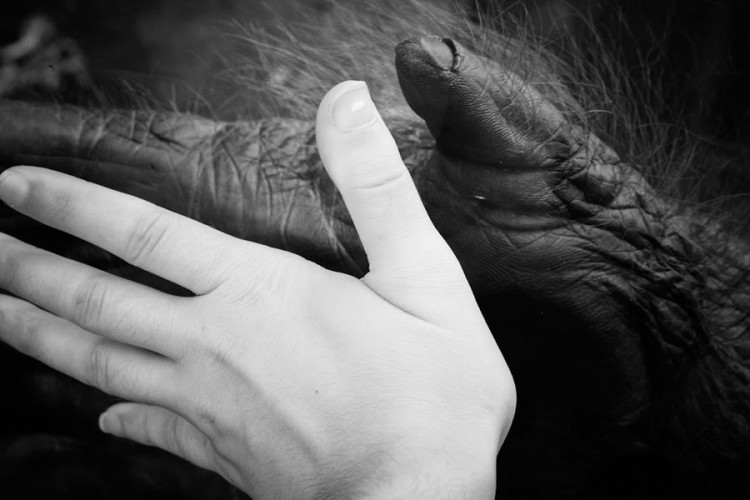Scientists have successfully created human stem cells into primate embryos in the lab as part of an experiment carried out by a U.S. and Chinese team, Complex reported on Saturday.
The introduction of short-lived hybrid organisms could prove a crucial step in growing human transplant organs from animals or creating better animal prototypes for a deeper understanding of human disease.
The embryos were created by injecting human stem cells into monkey embryos as part of an ongoing study into early human development, and results were published in the Cell Journal. Some of the embryos survived for 20 days, the scientists said.
"This is one of the major problems in medicine - organ transplantation... the demand for that is much higher than the supply," Professor Juan Carlos Izpisua Belmonte of the Salk Institute, said.
Belmonte, who helped create a mixed-species embryo of a human and a pig in 2017, leads the research team.
After the findings were presented in Cell, NPR reported that the study raised some concerns among the scientistific community, primarily linked to the ethics of the stem cell research.
Thoughts of the Hollywood flick "Planet of the Apes" or the flying monkeys in the "Wizard of Oz" easily come to mind.
The objective of the research was not to create a "monster," Belmonte said in response to ethical questions, but rather to get a clearer grasp of how cells from different organisms "communicate with each other."
"People imagine where that kind of study could go, if we are able to overcome a lot of scientific hurdles... and I think that's why people start to become uncomfortable," Nita Farahany, founding director of the Duke Initiative for Science and Society in Durham, N.C., said.
Insoo Hyun, a bioethicist at Harvard University and Case Western Reserve University, said that he doesn't see the research as being "ethically problematic." "It is aimed at lofty humanitarian goals," he said.






